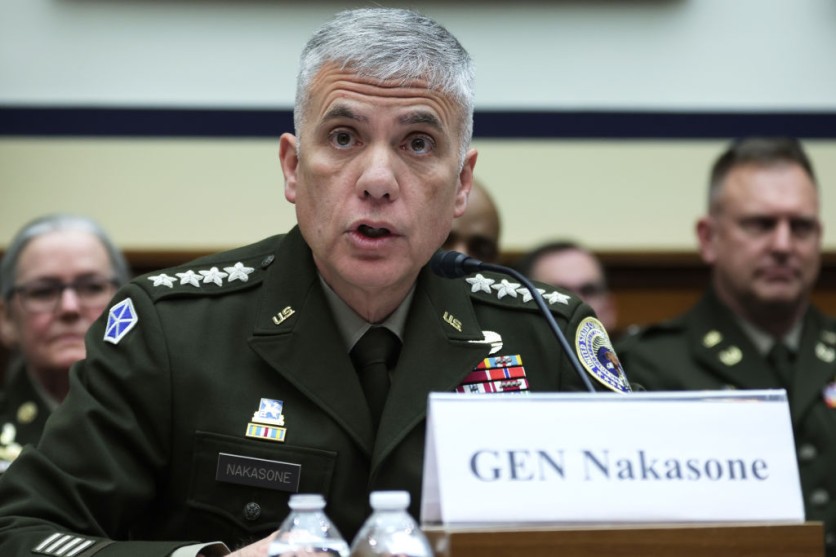
The National Security Agency (NSA) has announced the creation of an AI Security Center, a significant move intended to strengthen the country's defense against new threats in the field of artificial intelligence (AI). The move comes as US defense and intelligence systems increasingly use AI.
The National Press Club meeting in Washington was where US Army Gen. Paul Nakasone, the NSA's departing director, made the disclosure, according to AP News. The NSA's Cybersecurity Collaboration Center will include the AI Security Center to enhance the US defense-industrial base, especially against China and Russia.
Ensuring US Lead in the AI Race
Nakasone emphasized the significance of utilizing the NSA's special talent and expertise to ensure that the United States maintains its competitive edge in the field of artificial intelligence. "The AI Security Center will work closely with US industry, national labs, academia across the [intelligence community], and the Department of Defense, as well as select foreign partners," Nakasone stated, as quoted in a new release from US Department of Defense.
An NSA study that identified protecting AI models from theft and sabotage as a significant national security problem led to the creation of the AI Security Center. Generative AI technologies have revolutionary potential for both good and bad, making this matter particularly relevant.
The goal of the AI Security Center, according to Nakasone, is to become the NSA's focal point for using information from foreign intelligence sources. It will assist in the creation of risk frameworks, evaluation techniques, and best practices in the field of AI security. Additionally, it seeks to advance the safe development and application of AI in the defense sector and national security infrastructure of the United States.
Nakasone Addresses Cyberthreats from Russia, China
When asked if there are attempts by Russia or China to influence the 2024 US presidential election, Nakasone answered, "We haven't seen that yet," adding that the US will remain vigilant and cooperate with its allies to prevent such attacks.
According to an ABC News report, China has become stepped up its cyber activities, targeting US and allied organizations. Cybersecurity experts have investigated purported attempts to pre-position malware to disrupt military communications. In response, the United States and Japan jointly released an alert to emphasize the gravity of the threat.
Given the AI's growing importance for national security in diplomatic, technological, and economic spheres, he stressed the necessity for preemptive measures to defend the country and its allies.
Nakasone emphasized how US intelligence and defense organizations are already using AI when discussing how it can automate threat assessments and red-flag alerts. He emphasized the necessity of keeping people "in the loop." AI aids in decision-making, but humans make the final call.
Air Force Lt. Gen. Timothy Haugh, General Nakasone's current deputy, will take over as the joint commander of the NSA and U.S. Cyber Command. The job unifies management of the nation's cyber-offensive and defense efforts as well as signal collection via telecommunications surveillance.
Related Article: Northrop Grumman, US Air Force to Develop Advanced Air-to-Ground Missile to Take on Fast-Moving Enemies

ⓒ 2025 TECHTIMES.com All rights reserved. Do not reproduce without permission.




